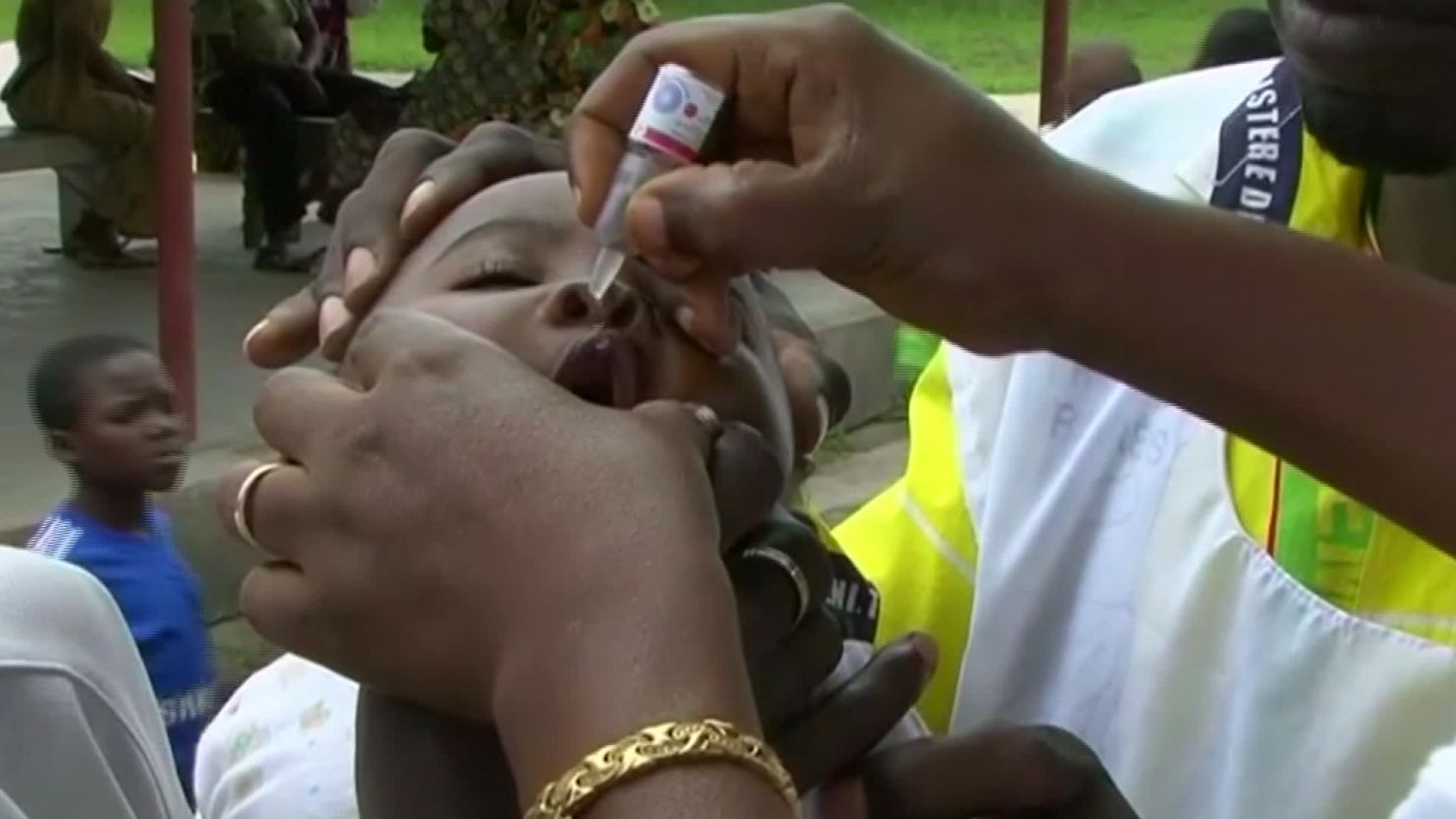Malawi’s health authorities have declared a polio outbreak after a case was detected in a young child in the capital Lilongwe, the first case of wild poliovirus in Africa in more than five years, the World Health Organization (WHO) said.
The WHO said in a statement that laboratory analysis showed the strain detected in Malawi was linked to one that has been circulating in Pakistan, where it is still endemic.
“As an imported case from Pakistan, this detection does not affect the African region’s wild poliovirus-free certification status,” the WHO said.
The Global Polio Eradication Initiative said the case in the southern African country was in a three-year-old girl who experienced the onset of paralysis in November last year.
Sequencing of the virus conducted in February by South Africa’s National Institute for Communicable Diseases and the US Centers for Disease Control and Prevention confirmed it as type 1 wild poliovirus (WPV1).
“Detection of WPV1 outside the world’s two remaining endemic countries, Pakistan and Afghanistan, is a serious concern and underscores the importance of prioritizing polio immunization activities,” the Global Polio Eradication Initiative said.
The WHO said the African continent could launch a rapid response because of a high level of polio surveillance.
“The last case of wild poliovirus in Africa was identified in northern Nigeria in 2016 and globally there were only five cases in 2021.
Any case of wild poliovirus is a significant event and we will mobilize all resources to support the country’s response,” said Modjirom Ndoutabe, polio coordinator in the WHO’s regional office for Africa.
Polio is a highly infectious disease that invades the nervous system and can cause total paralysis within hours. While there is no cure for polio, it can be prevented by administration of a vaccine, the WHO said.
Africa was declared free of wild poliovirus in August 2020 by the global health body following a culmination of decades of effort by regional governments and nonprofits to eradicate the virus from the continent, which had seen an estimated 75,000 children paralyzed annually.
The WHO had waited four years since the last declared case of the wild poliovirus in Nigeria before announcing its eradication in Africa 17 months ago to ensure that there were no traces of the virus on the continent, officials told CNN.
Polio eradication efforts in Africa have prevented nearly two million children from crippling life-long paralysis and saved around 180,000 lives, the WHO said.





